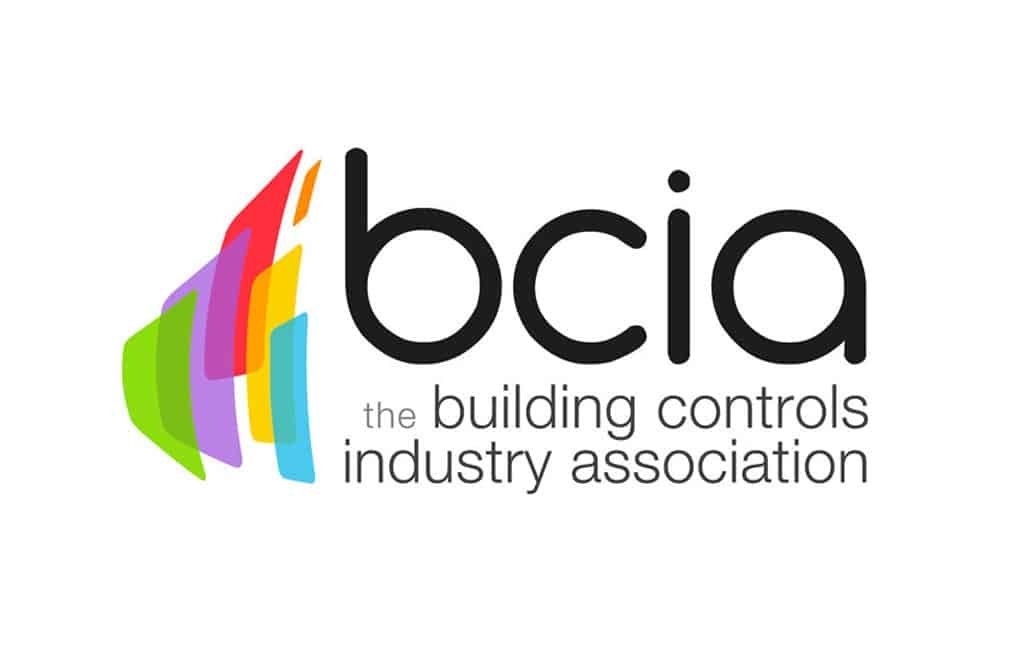Driving Change
BCIA President Graeme Rees reflects on the Government’s Autumn Statement and explains how the organisation is working to place Building Controls at the heart of policy and legislation.
The Autumn Statement announced on 22nd November 2023 by the Chancellor of the Exchequer, Jeremy Hunt MP, pledged a commitment to reduce the barriers to installing and investing in low carbon technology, with the aim of accelerating the energy transition. However, a significant opportunity was missed to incentivise investment from sustainable businesses and drive the decarbonisation of buildings. The BCIA will continue to push for Building Controls to be recognised by government as a practical and cost-effective solution to enhance the energy efficiency of buildings, with added health and safety benefits. This brings me back to the BCIA’s Corporate Plan.
One of the strategic priorities outlined in the Plan aims to place Building Controls at the heart of policy and legislation and subsequently inherent value of systems to an overall project. To make this happen we need to overcome some key challenges.
Building Controls are not adequately mandated by legislation as a core component of new developments or refurbishment/retrofit. This makes it easier for developers and end-users to ‘value engineer’ a Building Energy Management System (BEMS). It is the BCIA’s wish and belief that Building Controls will be recognised as delivering quantifiable benefits to the environment, to developers/clients and to occupiers and users of the building.
Amplifying our position
Through our position as a FETA association, and by working with other complementary Trade Associations, BCIA can amplify its position at the policy-making table. Following the UK’s departure from the EU and with some high profile agendas (such as Net Zero, Grenfell) the policy landscape is ever-changing. Whilst this makes the challenge greater, it is vital the BCIA is there to represent the sector, ensure our voice is heard and the impact controls can deliver is clearly understood.
The shift in policy will at times mean we need to adapt our ways of working (e.g. UKCA, Building Safety Act, Future Building Standards) and the BCIA will look to take a proactive role and engage our members in order to drive the change, as well as having a role to advise and support with awareness and implementation.
A call to action that resonated with me recently was delivered by none other than King Charles III at the 28th meeting of the Conference of the Parties to the UN Framework Convention on Climate Change (COP 28). In his opening statement he said: “In 2050 our grandchildren won’t be asking what we said, they will be living with the consequences of what we did or did not do.” I would like to echo that, and raising the profile of Building Controls will of course require time and effort from members, whose dedication they already provide on a voluntary basis on behalf of the organisation is greatly appreciated.
However, “many hands make for light work” as the old saying goes and broadening our outreach and collaboration with policymakers and policy shapers will go a long way in helping to position our sector where we would like it to be.
If we can overcome these challenges by leveraging our collective influence the BCIA can be regarded as an expert and trusted voice with an ability to effect change with policymakers and be a reliable source for the media.
We will continue to encourage member engagement as it is our membership that can make a real difference in policy development and lobbying. The BCIA will also endeavour to deliver regular updates that keep our members informed in relation to new standards and their implementation.
